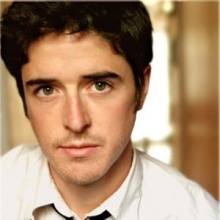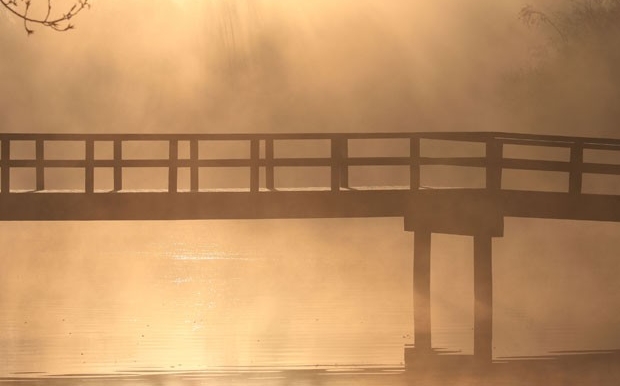Rafi’s family had migrated to Quebec from Pakistan three years earlier, when Rafi was 12. At first they had lived in Montreal, where a small, tight-knit Pakistani community had set roots in the previous decades. But soon Rafi’s father — a doctor — was offered a position at a small hospital in the Eastern Townships, and the family took up residence in one of the few old houses that sat on the opposite shore of the slow wide river that elbowed through our town. When the teacher introduced young Rafi Abbasi to our grade-six class, Joey and I were already the outsiders, partly because we were geeks who played with Magic cards, but mostly because we were the only two anglos in an all-French school. Rafi himself spoke only broken French, so Joey and I jumped at the opportunity of serving as interpreters for him, instructing him on where to hang out, who to talk to, and how to mostly avoid humiliation.
Meanwhile, between card games and arm-wrestling matches, Rafi taught us about the world beyond our borders. We would listen to him in silent fascination as he described for us the mountain plains of his early years, or the narrow winding streets of Peshawar, where his family had moved when he was 10. And he told us of Jalaa, the most beautiful girl in all the world. She had lived across the street from his family in Peshawar, and upon seeing her for the first time, Rafi had vowed in secret to marry her. He recited to us word for word the love poems he had sent her, and showed us her bashful handwritten replies, with their obscure scripts and mysterious fragrances. They continued their correspondence to this day, he said, and every few months he would receive a letter from her — now neatly printed out in English — detailing her daily life and the progress of her education. It was in this way that they planned their eventual reunion; Jalaa hoped to migrate to Canada, but if that proved impossible, Rafi promised to return to Peshawar to build a life with her there. Under other circumstances, Joey and I might have mocked the story as a girlish fantasy, but something about Rafi’s calm devotion held us in awe of him. It was as if he were a portal not only into other geographies, but into a whole other spiritual realm; a hero in his own epic love story, one that took place in another time, and at a distance we couldn’t fathom. Over the next three years, we would often ask Rafi for news from Jalaa, and he always gladly obliged our curiosity.
The day we jumped from the bridge, Joey was waiting for Rafi and me in town. Joey had taken a summer job at the local sporting goods store, but that day he’d been let off early, and when Rafi and I rolled up on our bikes, he was slouching against a wall outside the store, smoking a cigarette and trying, as always, to look tough. He said he’d been waiting half an hour, asked where the hell we’d been, and punctuated his speech by spitting on the ground at our feet. We all laughed.
I don’t know whose idea it was, maybe mine, maybe nobody’s, but at some point we decided to bike back down to the bridge, and jump off it into the river. Joey doubled up on Rafi’s bike, and I followed close behind. When we got there we leaned our bikes against a tree, slipped off our shoes, and walked barefoot on the hot pavement to the middle of the bridge, where the water would be deepest. We took off our shirts and climbed over the railing. Standing on the bridge, trembling, half-naked, hands gripped to the metal bars until our knuckles went white. And we all jumped together, at the same time.


 André Simoneau
André Simoneau
